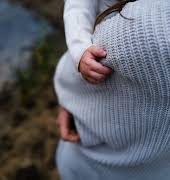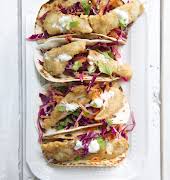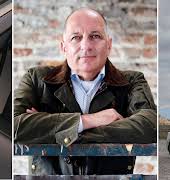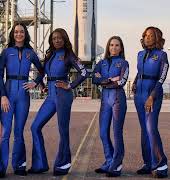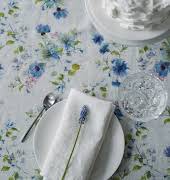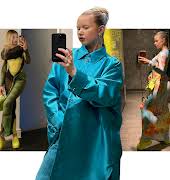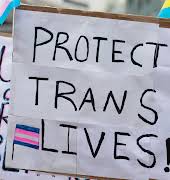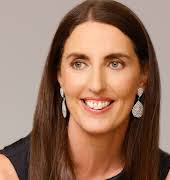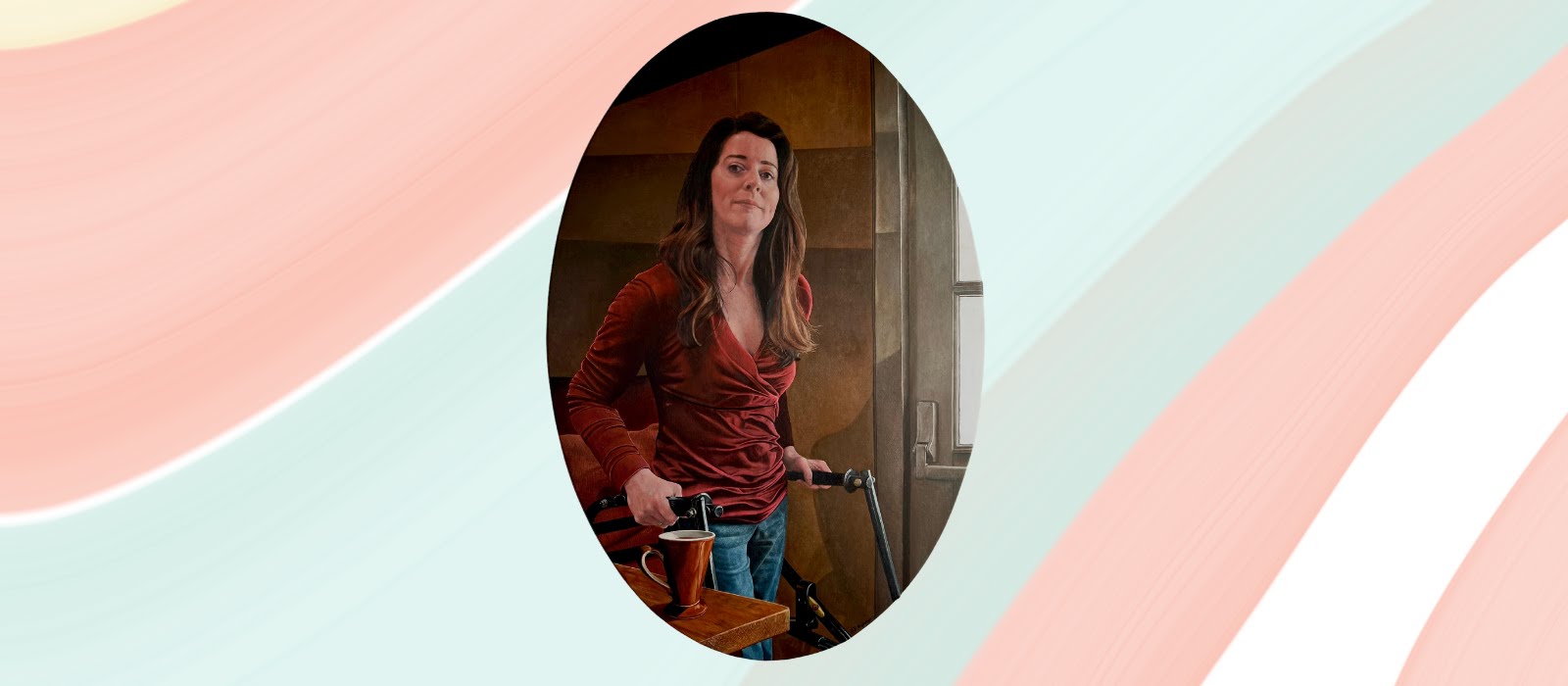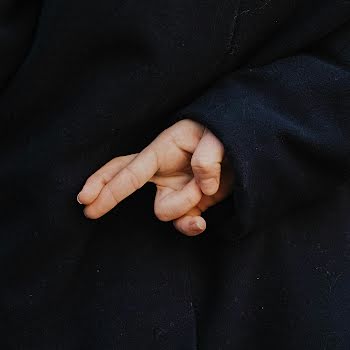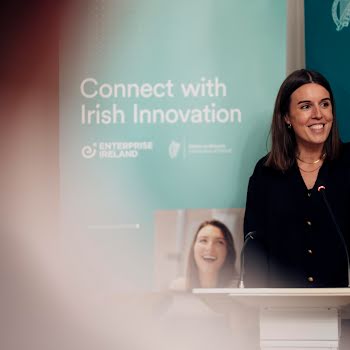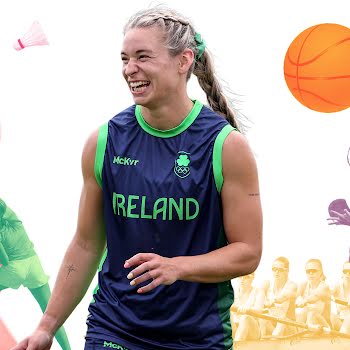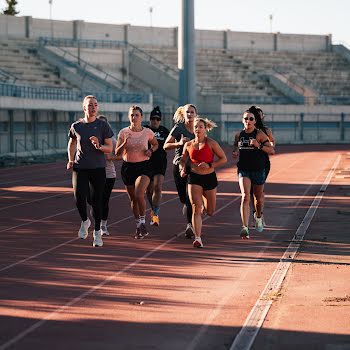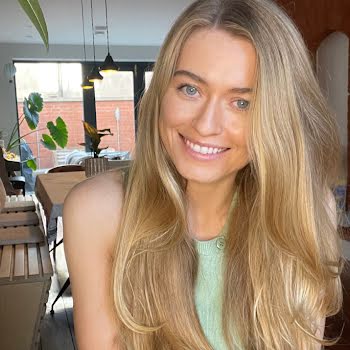
‘If we don’t talk about disability and sex, fertility or gynaecological health — nothing happens’
Going through the egg freezing process as a disabled woman, Jennifer McShane reflects on her experience and hopes other disabled people will share their stories to encourage education on a vastly understudied topic.
I felt physically sick – and I hadn’t even started the daily barrage of injections yet. The fertility midwife was kind and soothing, but I felt so uncomfortable. Already, I winced in pain as my leg muscles stretched beyond their capabilities and tried to stay in the stirrups. I kept tensing and my left leg wouldn’t cooperate so another nurse was called into help. “Was that okay?” she asked. Lying naked from the waist down on the bed that wasn’t quite a bed, none of this felt okay, but what choice did I have?
I have Cerebral Palsy (CP), making the physical aspect of getting my eggs frozen one of the most challenging parts of the whole ordeal. And it was an ordeal. An ordeal I willingly went into, but an ordeal nonetheless. This is because my muscles are in a permanent state of spasticity which makes stretching in awkward positions for a prolonged period of time hugely painful. The spasms combined with chronic pelvic pain meant that I dreaded the by-daily scans like I would a smear test – the anxiety knotted in my stomach. But, I self-soothed, “this would all be worth it, right?”
At 35, I decided to freeze my eggs. Not because I felt an indescribable pang to be a mother right at this moment in time, but because, deep down, I knew if I decided it was the right time and place to have a baby, I would be older.
That is, if it happens. That is, if it happens at all. Being disabled tends to mean the dating pool is more like a shallow base of water. It’s not full and flowing; the water skims your feet, and you’ll dip a toe in but largely emerge bone dry. Simply put: Dating with a disability is hard. A partner is an essential piece of my possible little future family – more so than the eggs, in fact – but there’s no guarantee he’ll appear in time. Or at all. I physically cannot have a child alone so the eggs will remain unused should I not meet him, so you may wonder why I choose to spend money and endure the procedure at all.
There is so much of my body that I can’t control. It twists and turns at will, looks grotesque to me at times – I’ve never been truly comfortable with my body thanks to the CP. This decision, to freeze or not, I could control. That comforted me. “And besides,” I thought, “won’t I be glad I can stop panicking about my age everytime a birthday comes around?” So I naively went into this, underestimating the effect it would have. The twice daily injections, the bloated stomach, the nausea, the pain after each scan, the aching, burning muscles, the shame I felt when at least two nurses had to hold my legs in place. That, I could tolerate. I didn’t know each night during the ten-day treatment I’d cry before I went to sleep. Dreading the next day walking into the clinic by myself, seeing all couples sitting in pairs, me with a Kaye Walker that scraped too loudly over the dim, nervous calm of the waiting area.
“Why am I even doing this?” I thought despairingly. “No one will want me, let alone want to have children with me” (this thought I’d have many times as days seven to ten approached). My family was so supportive. The staff were so kind, so understanding, but it was exhausting being the only disabled woman there and tired having to explain the basics of the CP to a new nurse yet again. Was it the hormones adding to my turmoil?
If we don’t talk about disability and sex, fertility or gynaecological health, what happens is… nothing. No studies get done. No friends talk among themselves and the next disabled person walks into a clinic feeling no one truly understands.
Absolutely. I remember waking up in a foggy haze after the egg retrieval by myself in a small cubicle. At first I was relieved it was over. But after my stomach clenched and I felt a golf-ball sized lump get stuck in my throat – the euphoria I expected didn’t hit even a little. My experience is far from unique, egg freezing is so tough on your mind and body, most women will agree. I thought I’d find it empowering as friends said I would. And it wasn’t that I was doing this alone that got to me. It was that I was a disabled woman doing it alone – this emphasised my feeling of otherness.
This feeling of loneliness stemmed from the fact that I could find no other disabled person who had gone through such a treatment, to relate to. The clinic to my knowledge had not treated any other person with CP. I scoured the internet, Reddit, Facebook for similar stories. Researching disability and fertility bore little fruit despite the labour as Google often omitted the word “disability” in the search terms – a telltale sign of how disabled women are viewed when it comes to fertility. Barely considered, frequently left out of the conversation. I found a few US studies that confirmed what I already knew: Disability and fertility remains hugely understudied.
One article explained disabled people are less likely to be taught comprehensive sexual education and given access to contraceptives, and are more likely to have unintended pregnancies. And, during pregnancy, the disparities are just as devastating: Disabled women are significantly more likely to have adverse birth outcomes and to experience pregnancy complications, in part because they often are on medications that interact negatively with pregnancy.
Following my experience, I reached out to other experts for advice. Dr Alexandra Toth, Consultant in Reproductive Medicine, at Cork’s Waterstone Clinic shared her advice. “Pregnancies can be more difficult for disabled people, but again it will always depend on the individual disability. Planning will be key here. Your pregnancy, supported by your care team, could be healthier and more straightforward than others because being pregnancy-ready and planning for both pregnancy and postnatal care will avoid adverse outcomes. Your physiotherapist or occupational therapist will help you avoid muscle or back problems and deal with any chronic pain you have safely. You should also have plans in place for delivery and for details such as lifting your baby, the right cot, feeding your baby – there are many things to consider and there are always adaptations and your expert team will be able to guide and support you.”
I found Dr Toth’s advice reassuring – she also mentioned the importance of checking fertility levels as early as you can, ideally in your twenties and realistic expectations for eggs per cycle (8-12 is standard and many opt for two or three cycles with the average being 20 frozen). I undoubtedly received wonderful care during the egg freezing process but, with hindsight, finding that expert team she spoke about – versed in both pregnancy and disability – would have made my experience much more positive.
We simply don’t hear about these experiences enough. Sex and disability is still shrouded in shame and such conversations (or lack thereof) go hand-in-hand with disability and fertility. We simply cannot talk about one without the other. And if we don’t talk about sex with disability, fertility, gynaecological health, what happens is… nothing. No studies get done. No friends talk among themselves and the next disabled person walks into a clinic feeling no one truly understands. We need disabled people to talk, share, complain, rejoice. And for that to happen, society needs to normalise the humanity of disability.
I’ll never be sorry I did this, though. I did it for myself and I’m proud I got through it. But there will be no multiple cycles for me. And the eggs? Ah yes, there are a few on ice. But the magic number is one I’m glad to keep to myself.
This article originally appeared in the Spring 2024 issue of IMAGE.

IMAGE Summer 2024
The Summer issue of IMAGE is here, and we’re taking the longer days as an opportunity to slow down, take stock, and luxuriate in the lull that summer brings. From laid-back looks to in-depth reads, there’s everything you need to set you up for the season. Plus: * Warm-weather style * Boho is back * In studio with Irish designer Sinéad O’Dwyer * Career success stories * Growing and foraging * Women in music * Reframing divorce * Tackle your tiredness * Summer beauty favourites * Bringing the outdoors in * Irish eco escapes * Garden getaways * and so much more…
Have you thought about becoming an IMAGE subscriber? Our Print & Digital subscribers receive all four issues of IMAGE Magazine and two issues of IMAGE Interiors directly to their door along with access to all premium content on IMAGE.ie and a gorgeous welcome gift worth €142 from Skingredients. Visit *here* to find out more about our IMAGE subscription packages.

